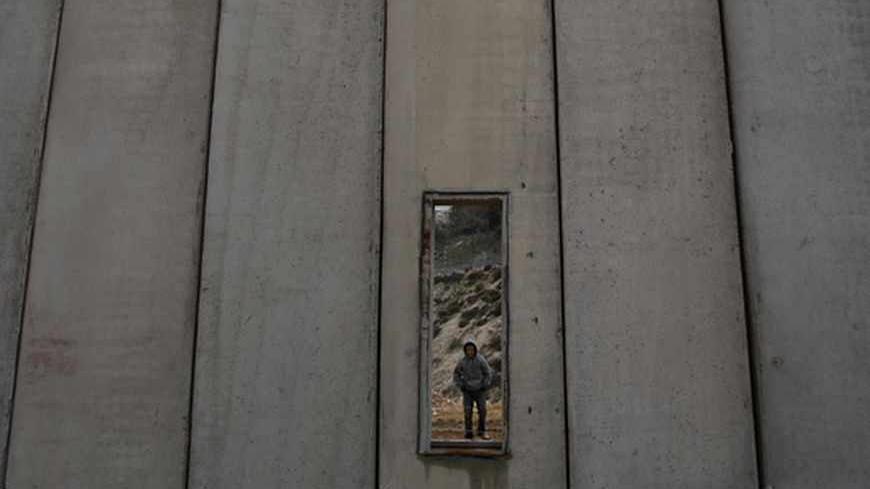If Russian President Vladimir Putin and US President Barack Obama can manage to work together on Syria — and rid the country of its chemical weapons stores — why shouldn’t a cooperative superpower approach to Israel and its conflict with the Arabs be next? If Washington and Moscow can establish common ground on Syria’s nonconventional arsenal why not agree upon a revived Geneva process — the one convened in 1975 — to settle the Israel-Arab conflict?
Closeting Syria’s chemical weapons may whet an appetite to “think big” across the wide canvas of the Middle East and encourage both Obama and Putin to summon the will to jointly address at long last Israel’s prodigious chemical weapons and nuclear arsenals. In such an environment, Israeli Prime Minister Benjamin Netanyahu may have reason to reconsider his tough line against Assad and his support for superpower intervention to address Syria's chemical weapons program. His former national security adviser, Giora Eiland, explained to Israel's army radio on Sept. 10 that “real moves to dismantle [Syria's] chemical weapons is no small thing. For us, it is a good result without having to do anything.”



